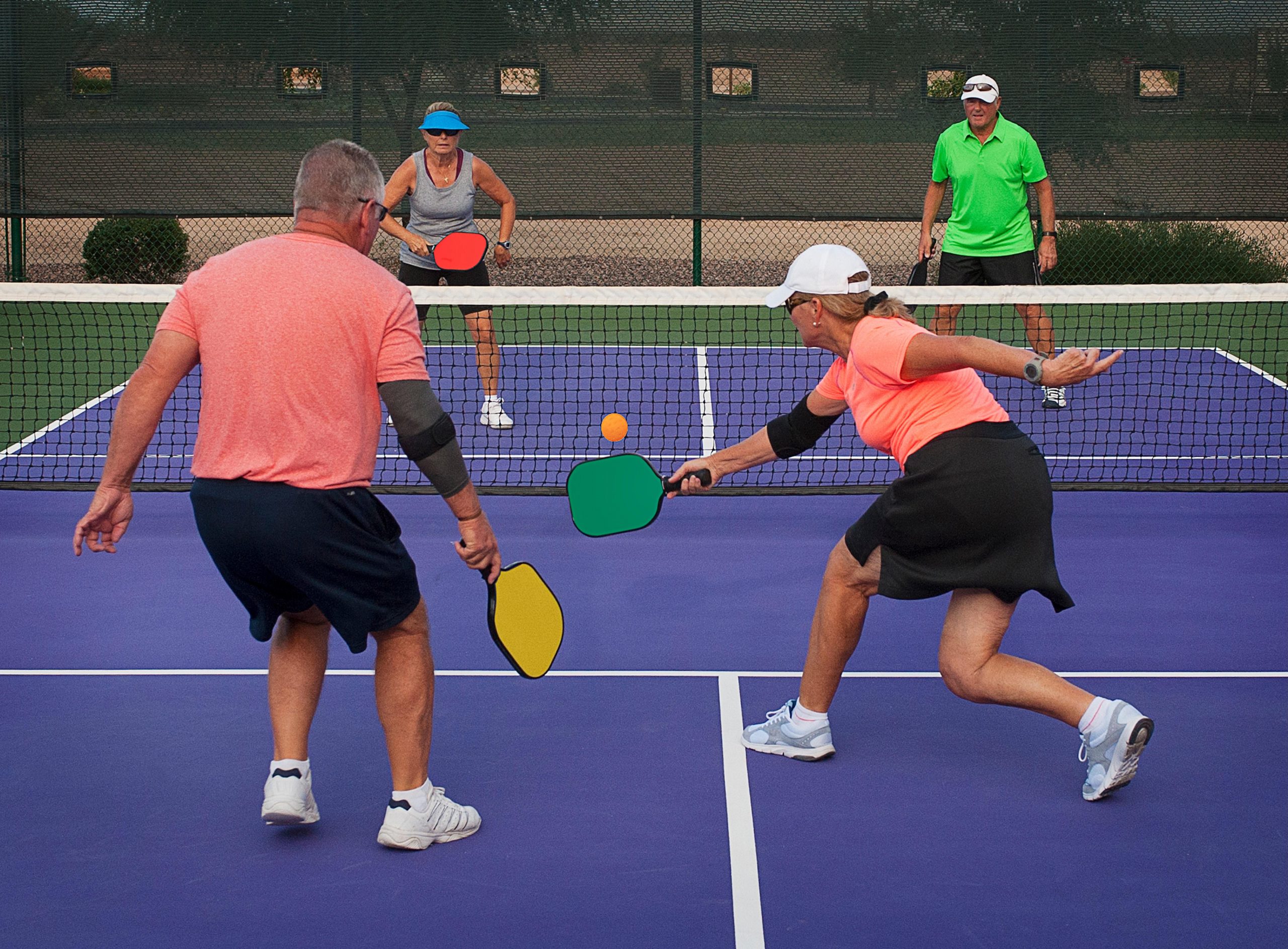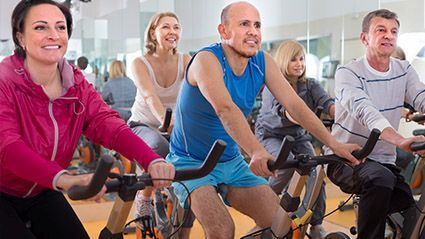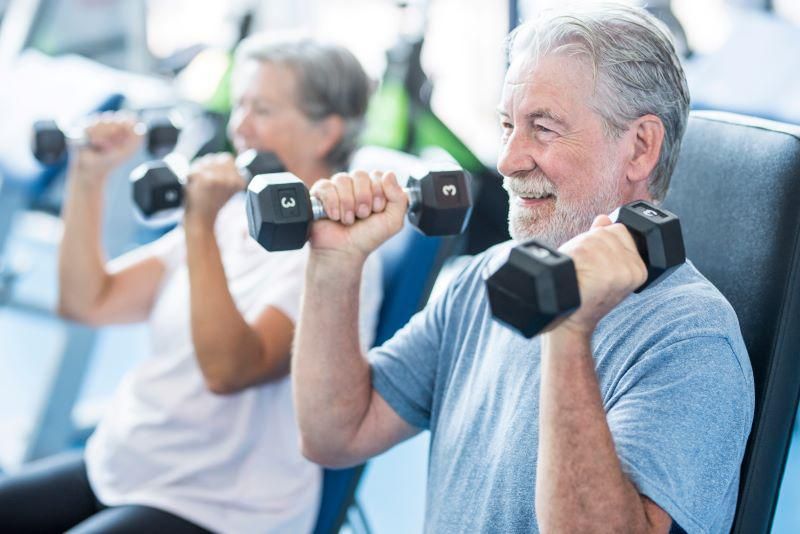
Writer Jenny Block and her chiweenie, Aurora, are on a health kick. “We walk at least 1 mile and up to 4 miles in the early morning, before it gets too hot,” said the Houston-based author. “She needs it, and I need it, so it works out great,” said Block, who has shed several pounds… read on > read on >






























